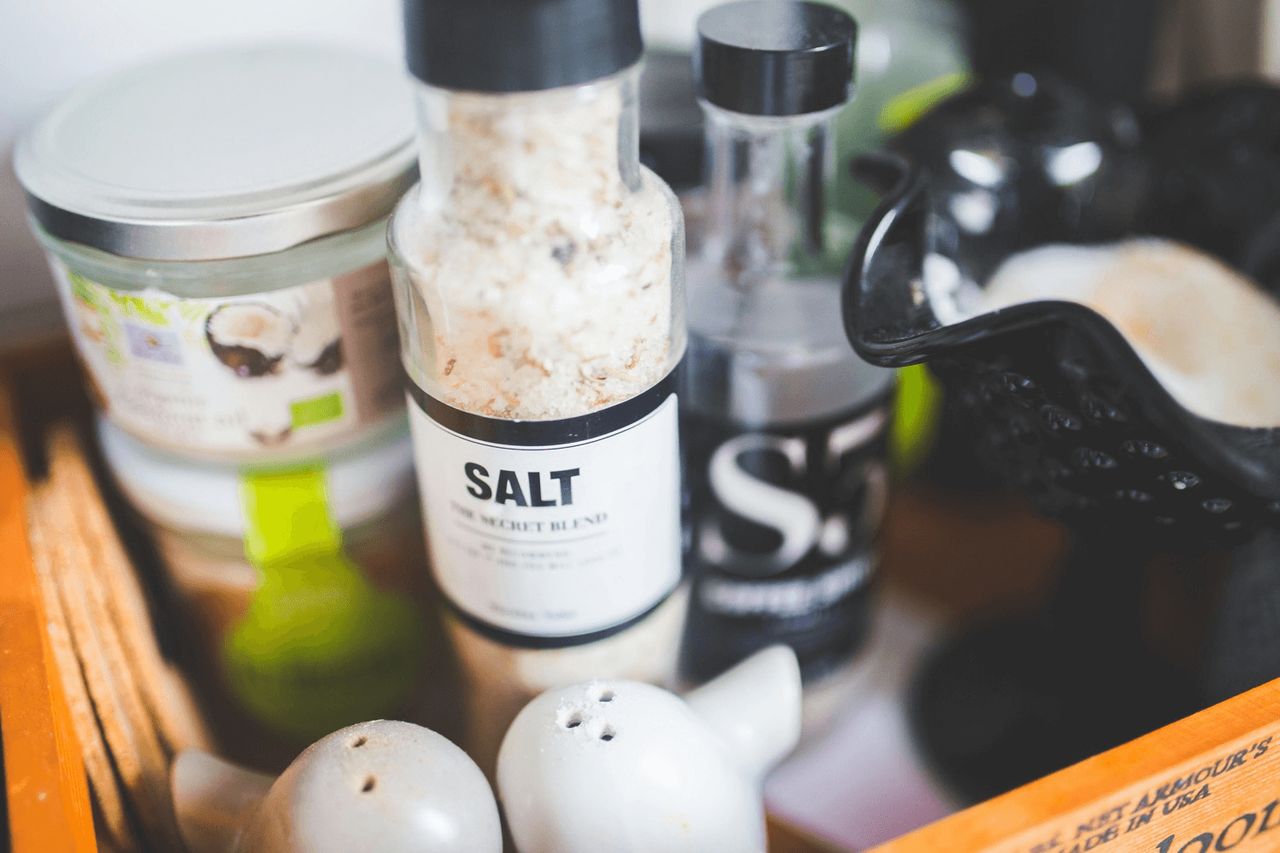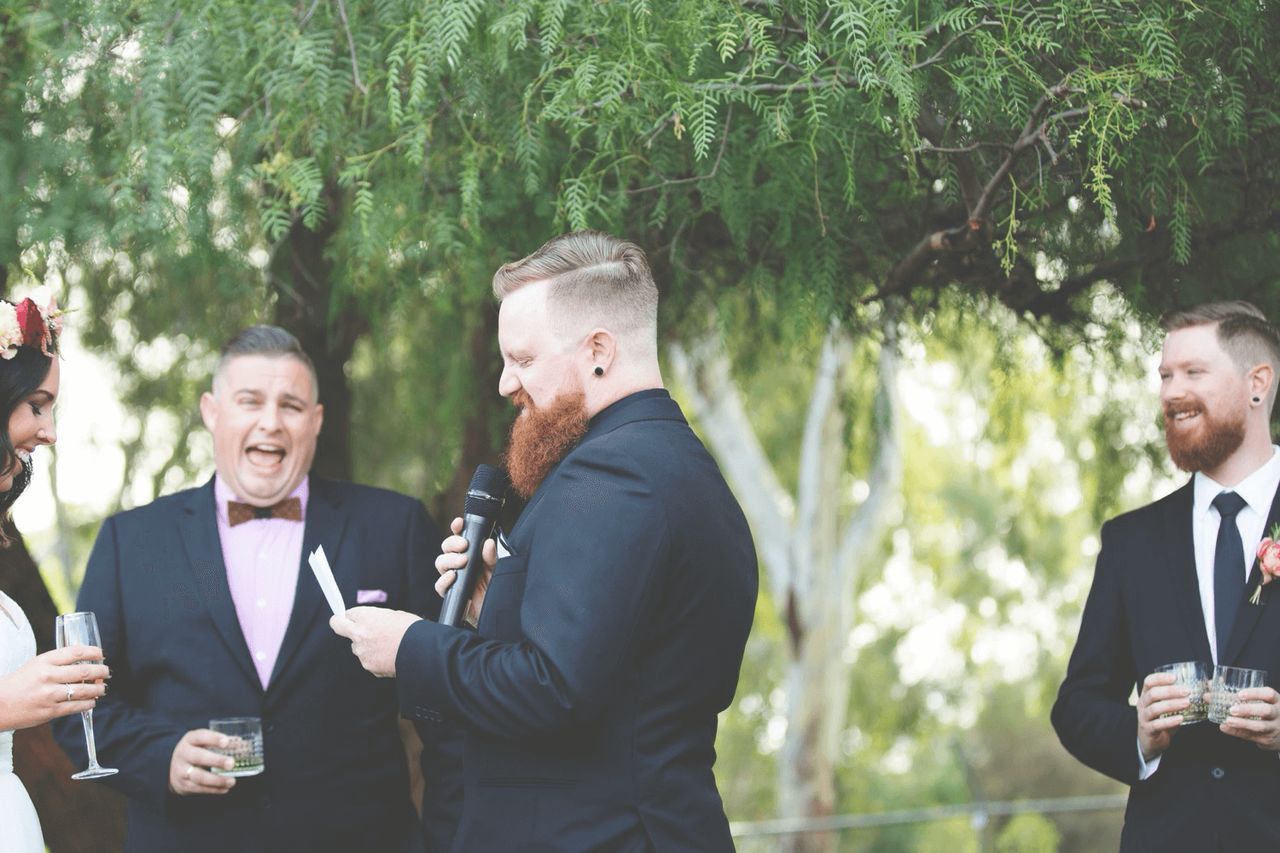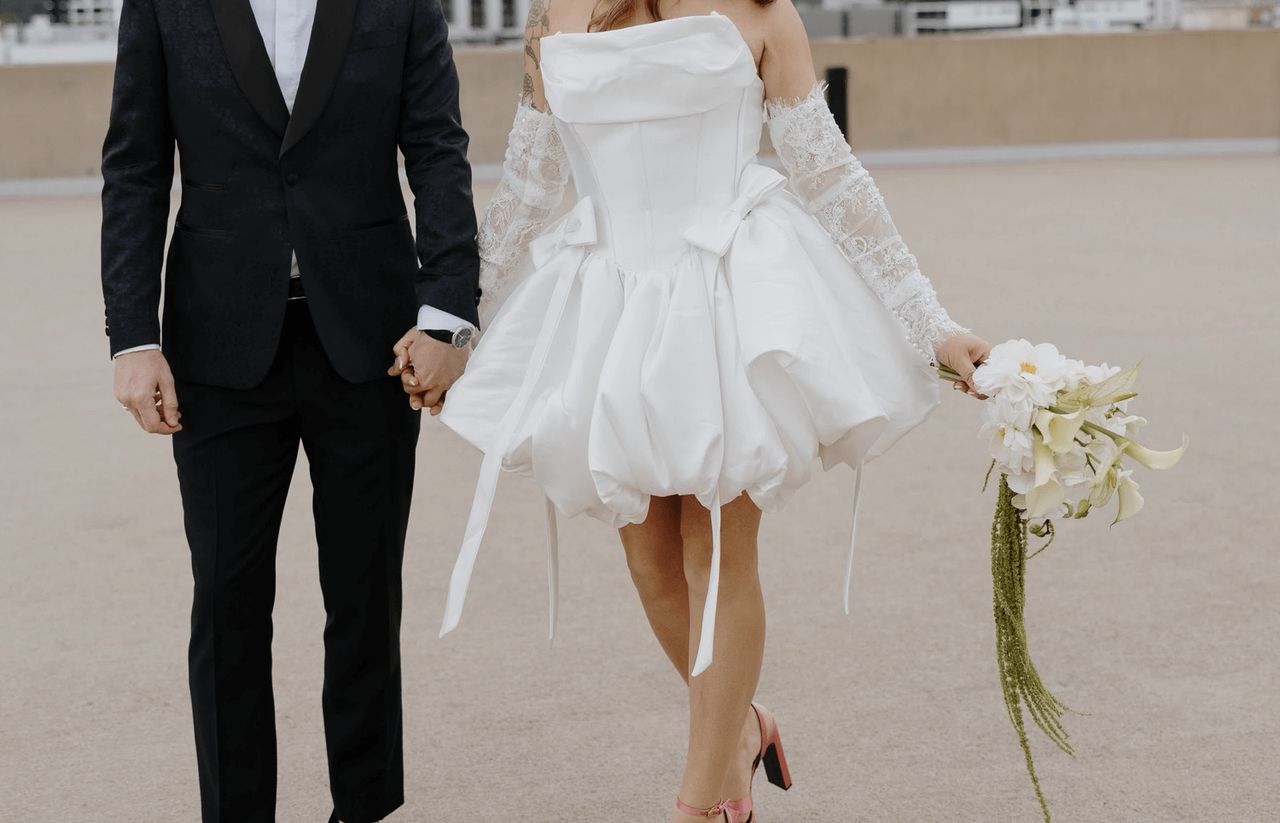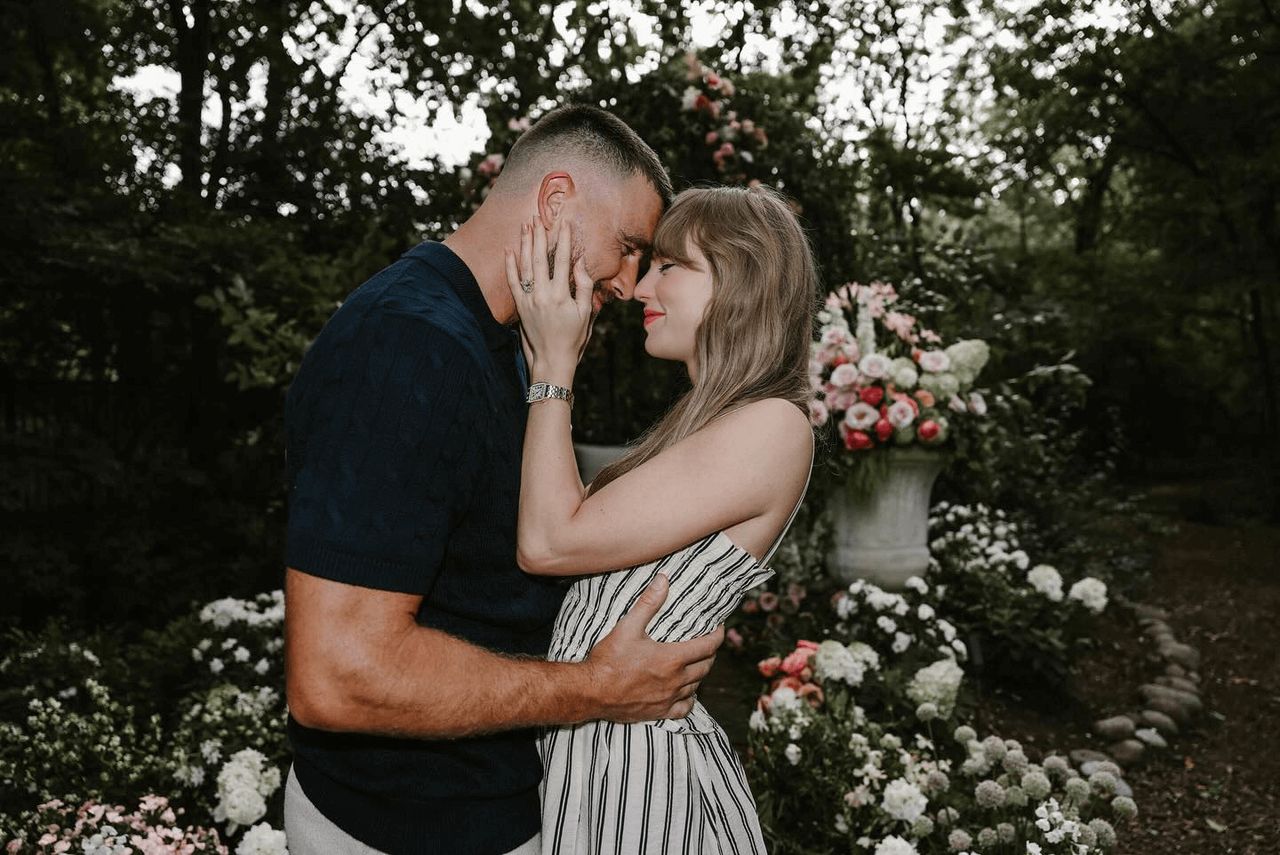· Wedding planning · 5 min read
How to make a wedding day timeline
Timing a wedding is like cooking a steak – too short and it’s raw, too long and it’s tough. You want it just right so everyone leaves with a big smile.

↘️ Just looking for a sample timeline?
Planning your wedding day timeline feels like one of those “Goldilocks” tasks: you don’t want it too short, you don’t want it dragging on forever. You want it just right.
And here’s the thing: there’s no perfect length for every wedding. But there are some solid guidelines that can help you plan a day that feels full, smooth, and stress-free.
How long should a wedding be?
Most weddings (from ceremony start to reception end) run about 6–8 hours. For example:
- 3:00pm ceremony
- 3:30–4:00pm ceremony finished
- Photos + canapés
- 5pm sunset
- 5:30pm reception kick-off
- 10:00pm wrap up
But you’ve got flexibility. Some couples have a 5-hour cocktail-style reception, others go for an 8-hour dinner and dance marathon. It depends on what you value: a shorter celebration can feel intimate and lively, while a longer one allows for a more relaxed pace.
Ceremony timing: Is 15 minutes too short?
Not at all. A 18–25 minute ceremony is normal for many civil weddings (and it keeps your guests’ bums from going numb). Religious or cultural ceremonies can go 30–60 minutes, which is fine if that’s meaningful for you.
Aim to keep ceremonies under 25 minutes unless you’ve got a good reason. It helps avoid your grandpa falling asleep and your guests scrolling on Instagram.
Reception length: Is 4 or 5 hours enough?
A 3-hour reception can work if you’re keeping it simple: a meal, a toast or two, and a bit of dancing. But it might feel rushed if you want all the formalities.
4–5 hours is the sweet spot for most couples: enough time for canapés, dinner, speeches, and dancing without dragging on.
It’s not about the number; it’s about pacing. A well-timed 5-hour wedding will feel better than an 8-hour wedding that has guests waiting around for hours between events.
Day-of timeline tips: The “30/5 minute rule”
Stuff takes longer on your wedding day. Tasks that take 5 minutes normally can take 30 on the day with people stopping you for a hug or a quick chat.
Build in padding:
- Add 30 min buffer for getting ready.
- Add 5–10 min buffer before the ceremony.
- Expect delays with speeches or family photos.
This buffer helps you breathe and keeps you from feeling rushed.
Getting ready: Timing matters
“How many hours before the ceremony should the bride be ready?”
Aim for hair and makeup to be done 1 hour before the ceremony. So if your ceremony is at 3pm, aim to be ready by 2pm. You’ll want photos, travel time, and a few quiet moments before walking down the aisle.
“Who gets ready first, bride or bridesmaids?”
Bridesmaids usually go first. The bride often goes last so her hair and makeup are freshest, but it’s a staggered process if you have multiple stylists.
Ultimately though, talk to your hair and makeup team about what time they need to get you out the door so you are at the ceremony on time.
Also, if you’re not getting hair and makeup, considering hitting up a barbershop. I did this with a friend at this wedding and it was a great part of the morning.
Keep things moving, but don’t cram
Long gaps with nothing for guests to do make weddings feel like they’re dragging. On the flip side, cramming too much leaves everyone frazzled.
A typical flow might look like:
- Getting Ready
- Ceremony - love this part!
- Canapés/Photos around Golden Hour
- Dinner
- Speeches
- Cake
- First Dance
- Dancing
It’s about momentum, not rush.
After parties & curfews
If you’ve only booked a venue for a 4-hour reception, consider planning an after-party at a bar for those who want to keep going. If you’re planning an all-day event, make sure people are fed and entertained – no one wants to watch the clock hungry.
Work with your vendors (and the sun)
Your timeline isn’t made in isolation. It’s a collaboration between:
- Your venue (and when it opens/closes/curfews)
- Your photographer (and how much time they need for their art)
- Your caterer (and when food needs to be served)
- The sun (sunset times are non-negotiable for golden hour photos)
As your celebrant I can also help you understand how long ceremonies and transitions usually take.
I see the flow of weddings every weekend.
Sample spring/autumn/winter wedding timeline
- 2.5 hours before sunset – Guests arrive
- 2 hours before sunset – Ceremony
- Through the golden hour – Drinks & canapés + photos
- Just after sunset – Reception starts
- After meals – Speeches & cake then dancing
- Curfew – Farewell / optional after-party
Summer weddings, aka with late sunsets, will require some timeline massaging and collaboration work from your photographer and venue for golden hour. Some regions will experience sunsets at 9 or 10pm, so that of course changes things up a lot and it’sworth talking to your venue, photographer, and maybe a planner to work out a custom timeline for that location.
How to find out when sunset is?
There are apps and websites, but honestly the easiest way to find out the sunset in a location is to Google it.
Search for “Sunset in City on Date” like “Sunset in Melbourne on 12 October” and you’ve got that picotal point that the rest of your timeline will center around.
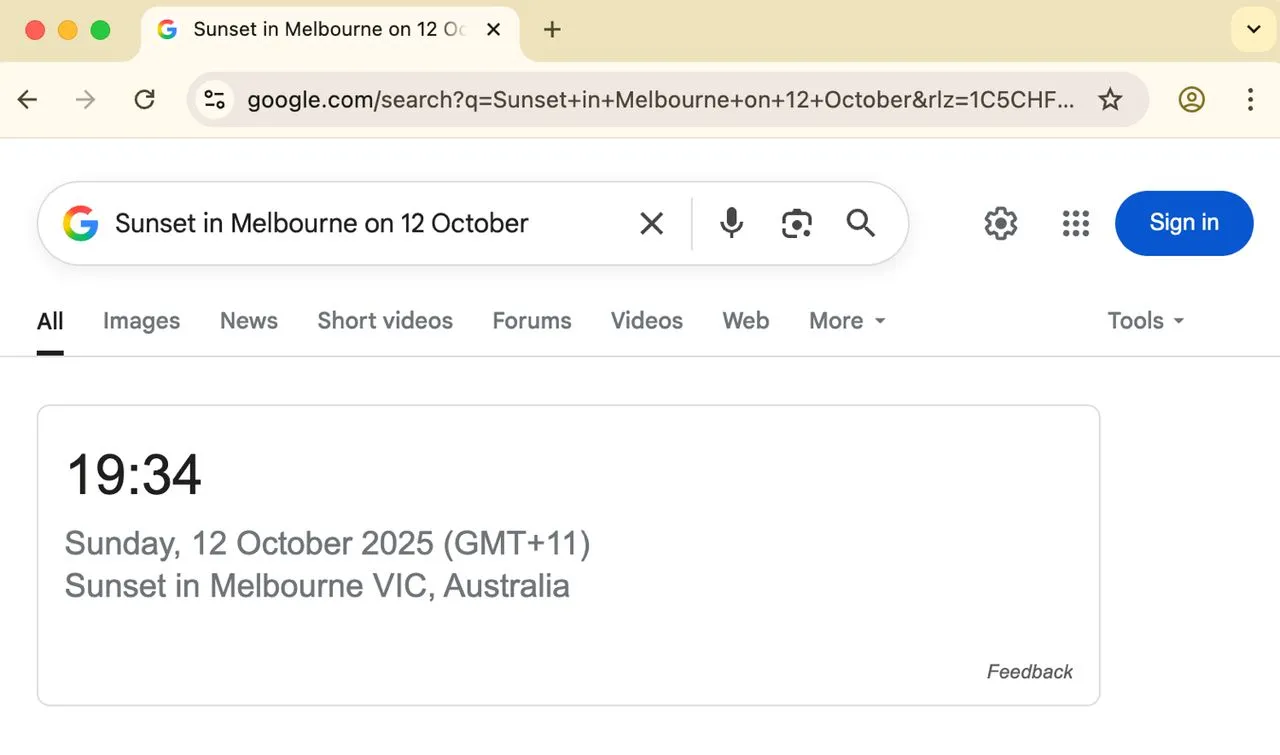
The “right” wedding length is the one that feels right for you. With some buffers, clear priorities, and a realistic look at your timeline, you’ll have a wedding day that flows smoothly – not too long, not too short, just right.
